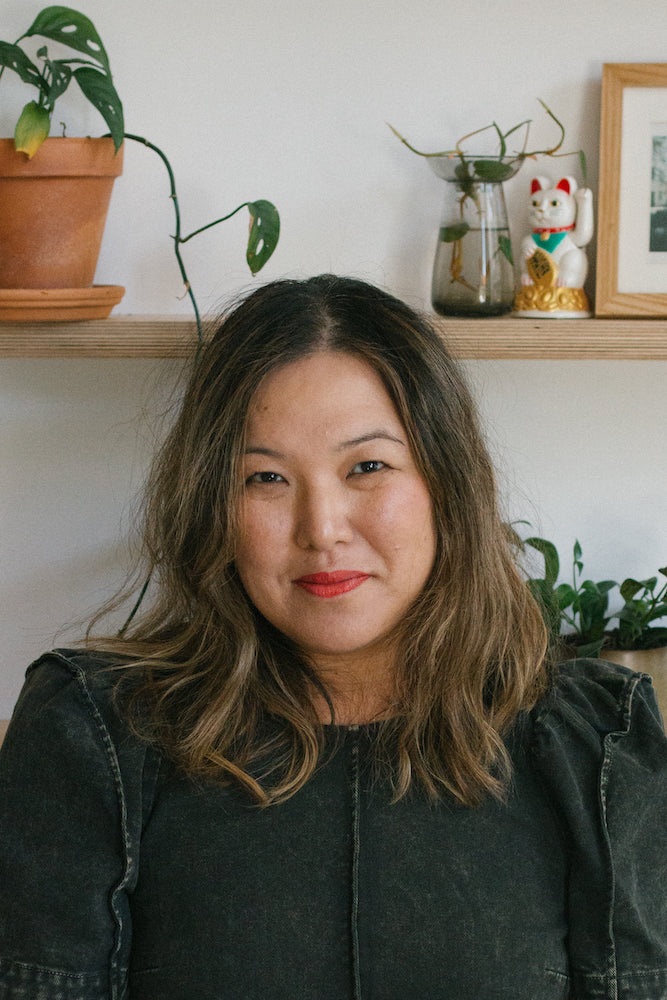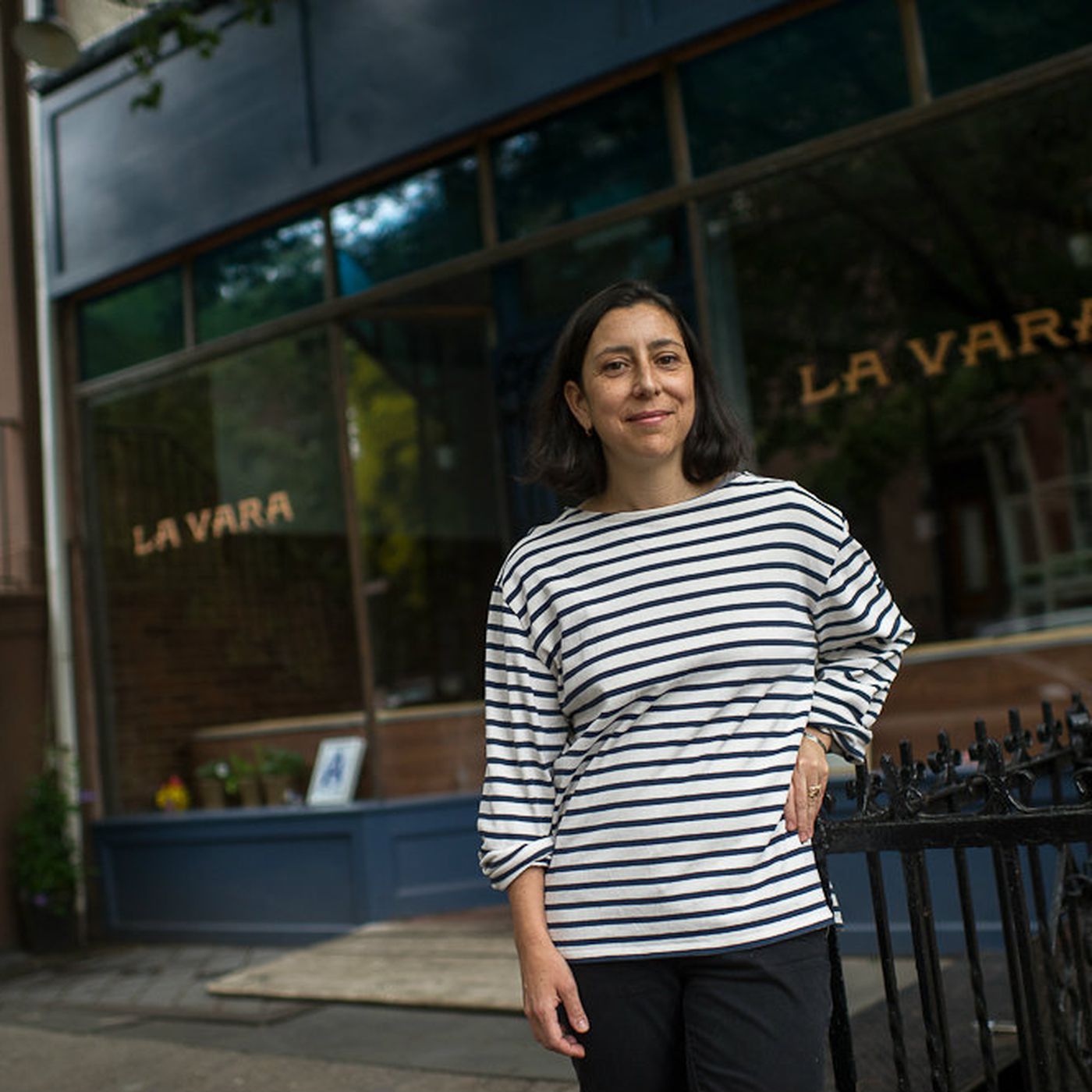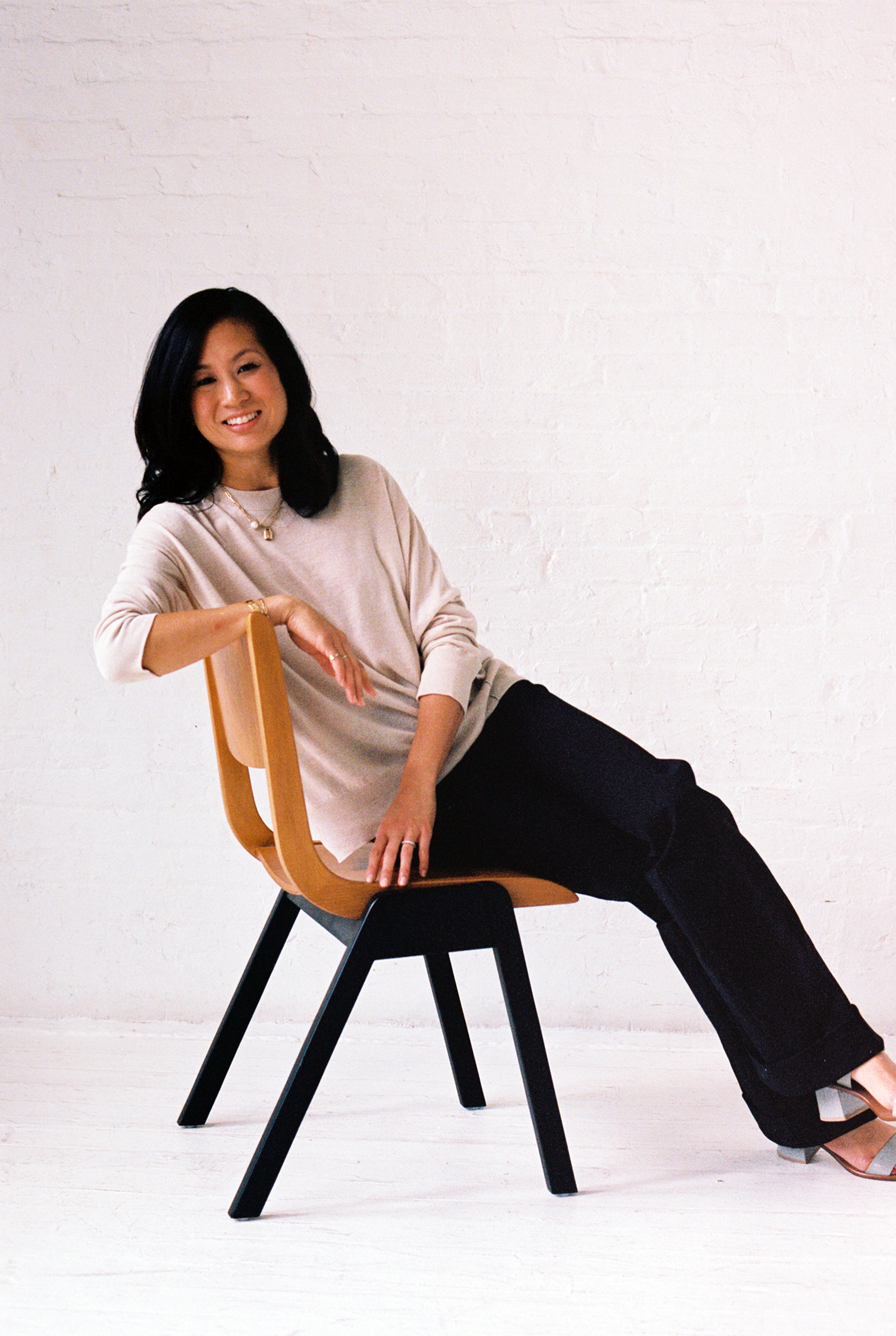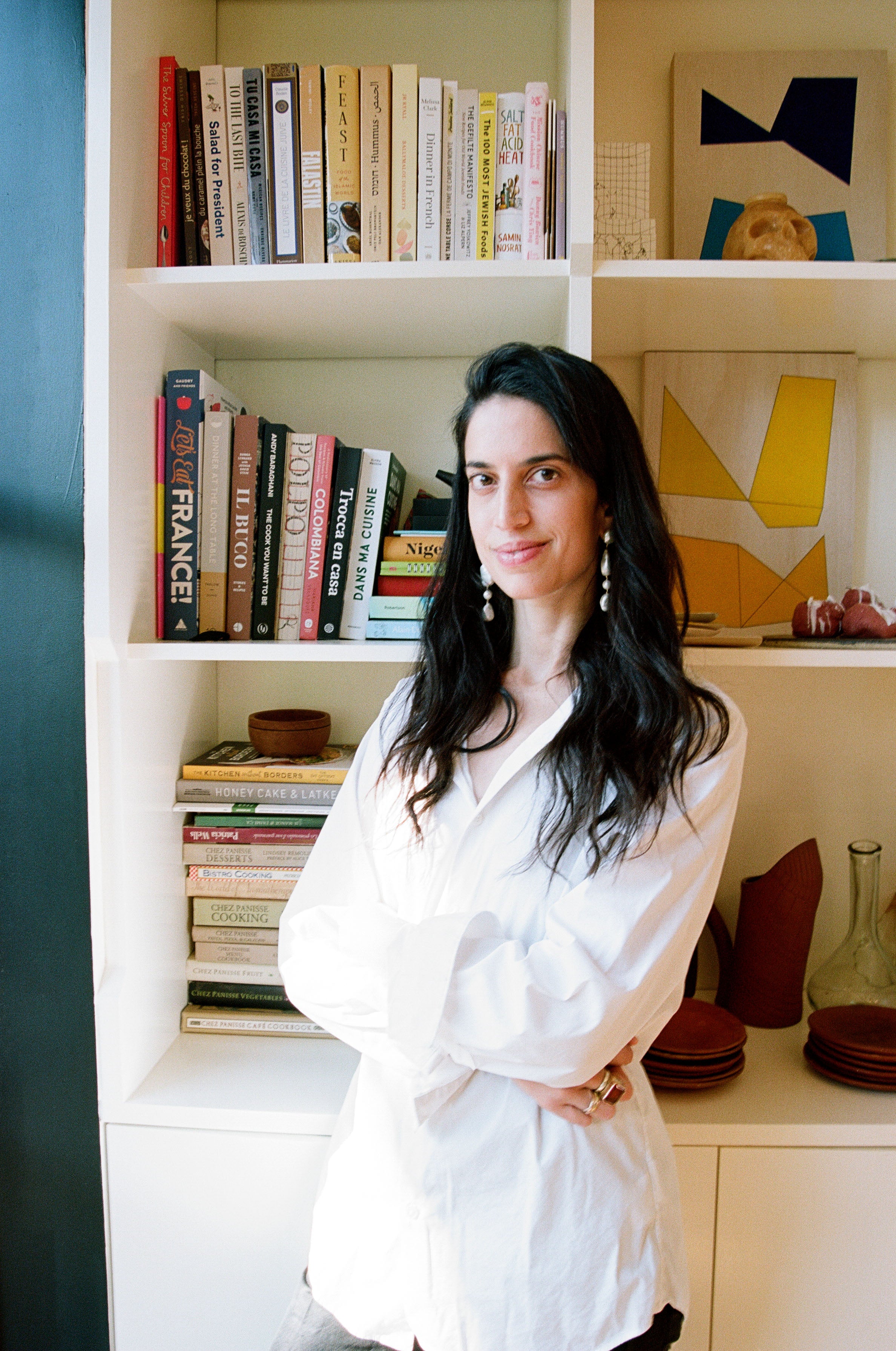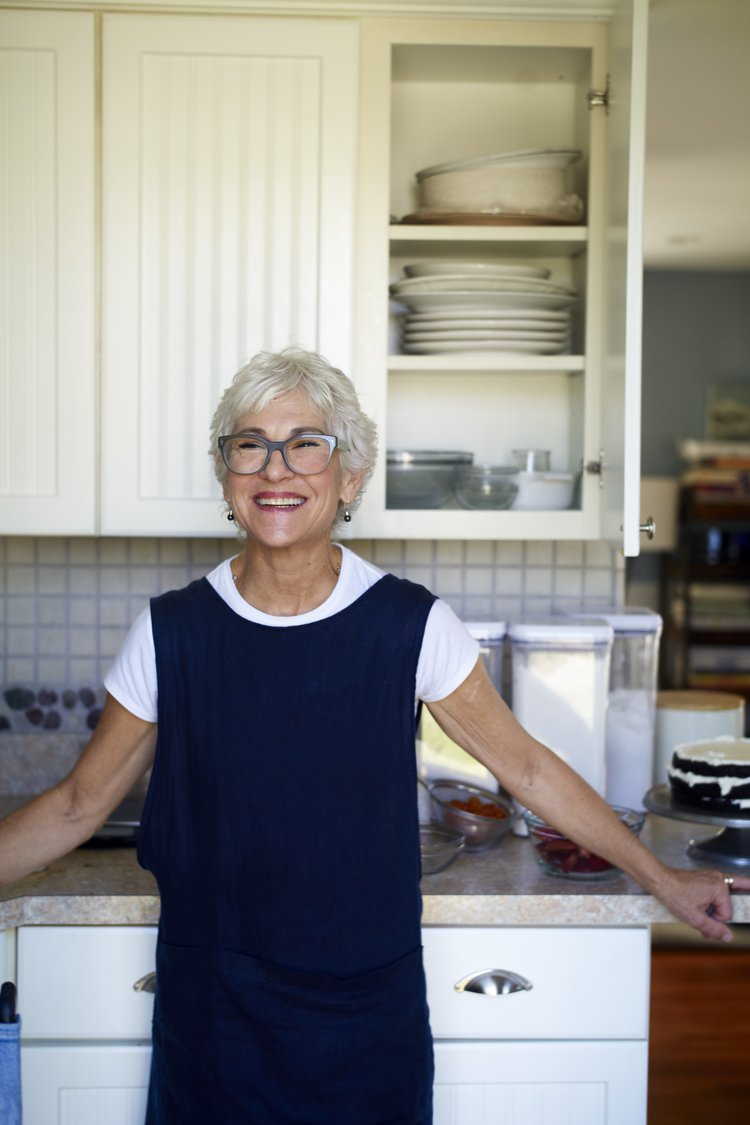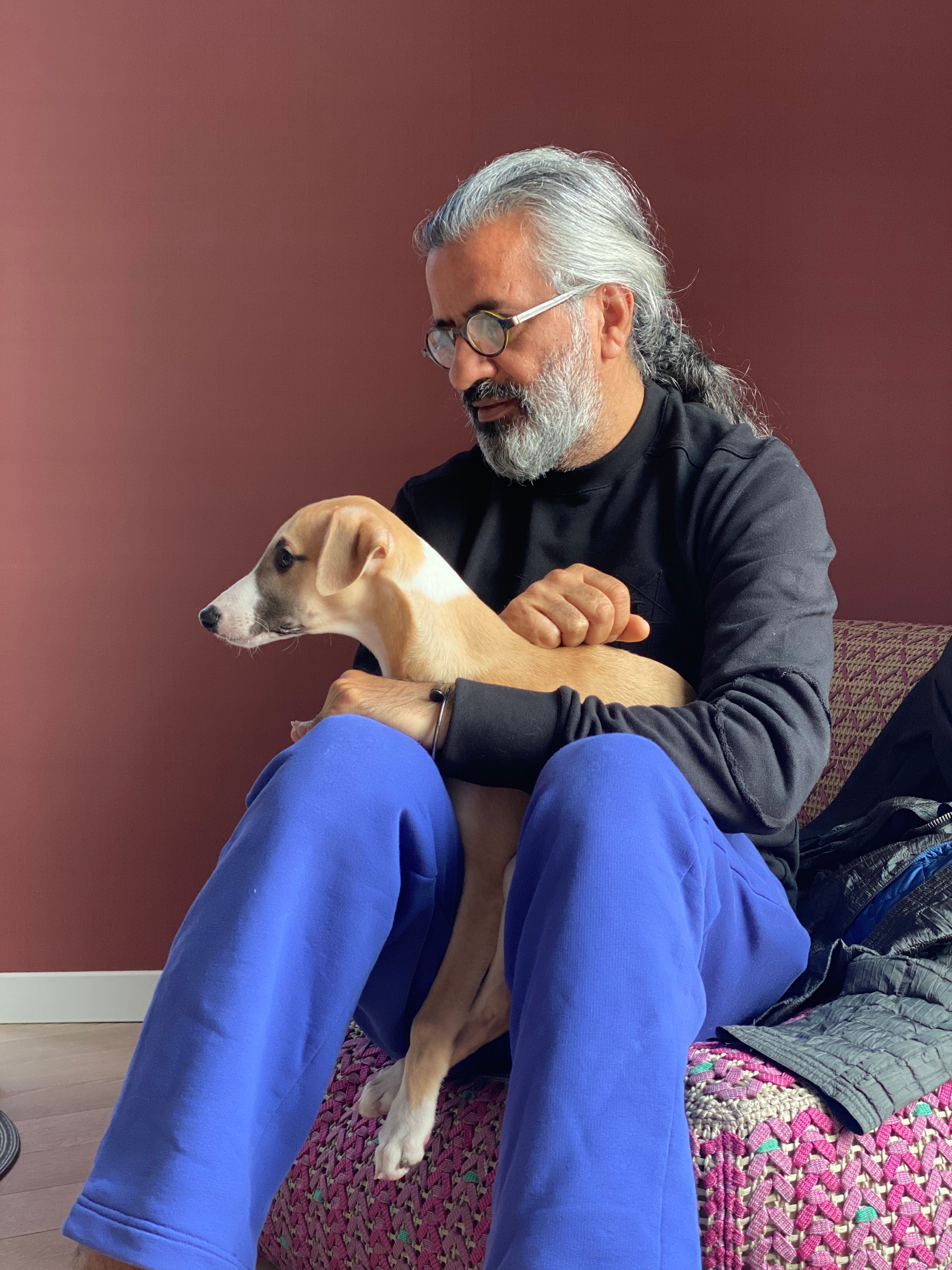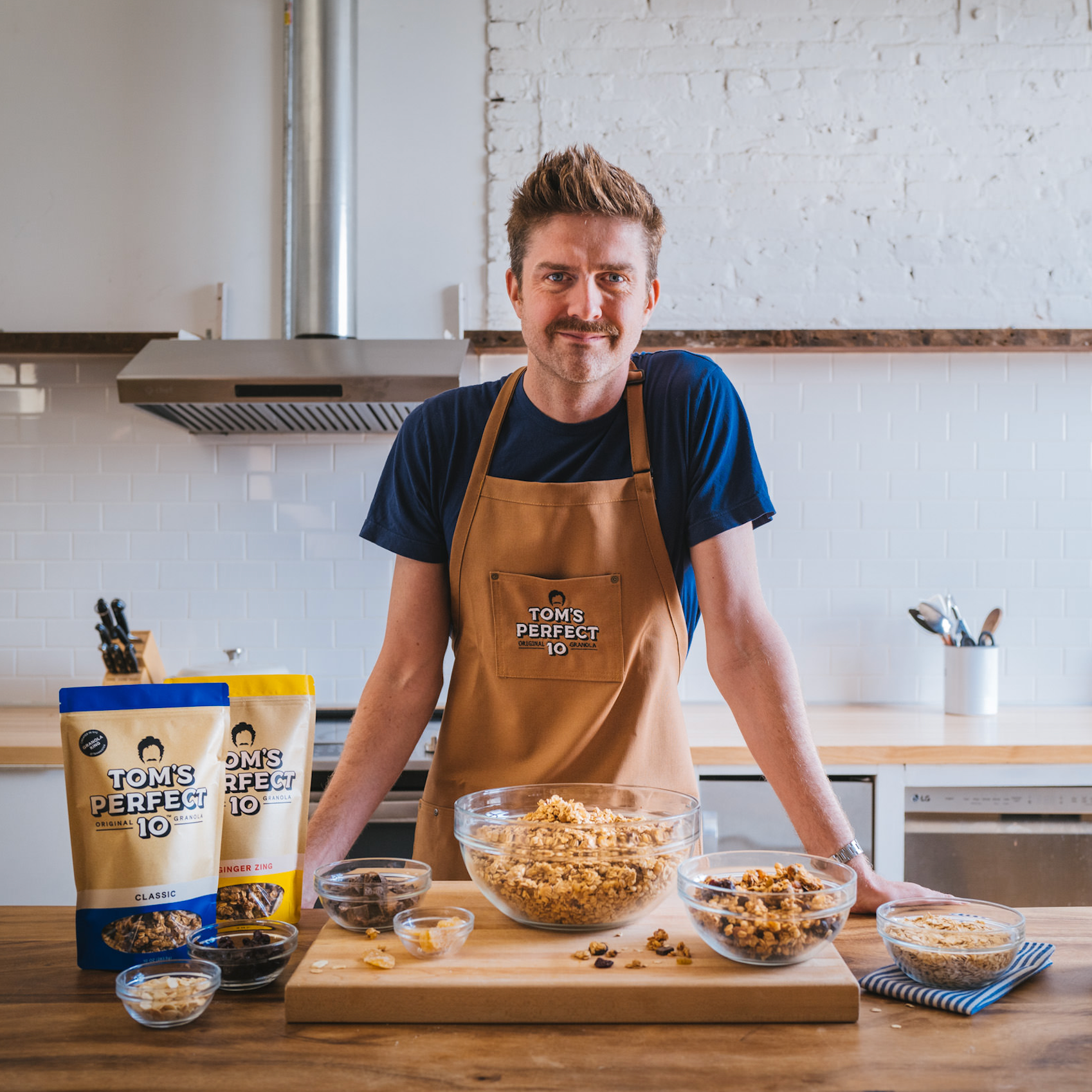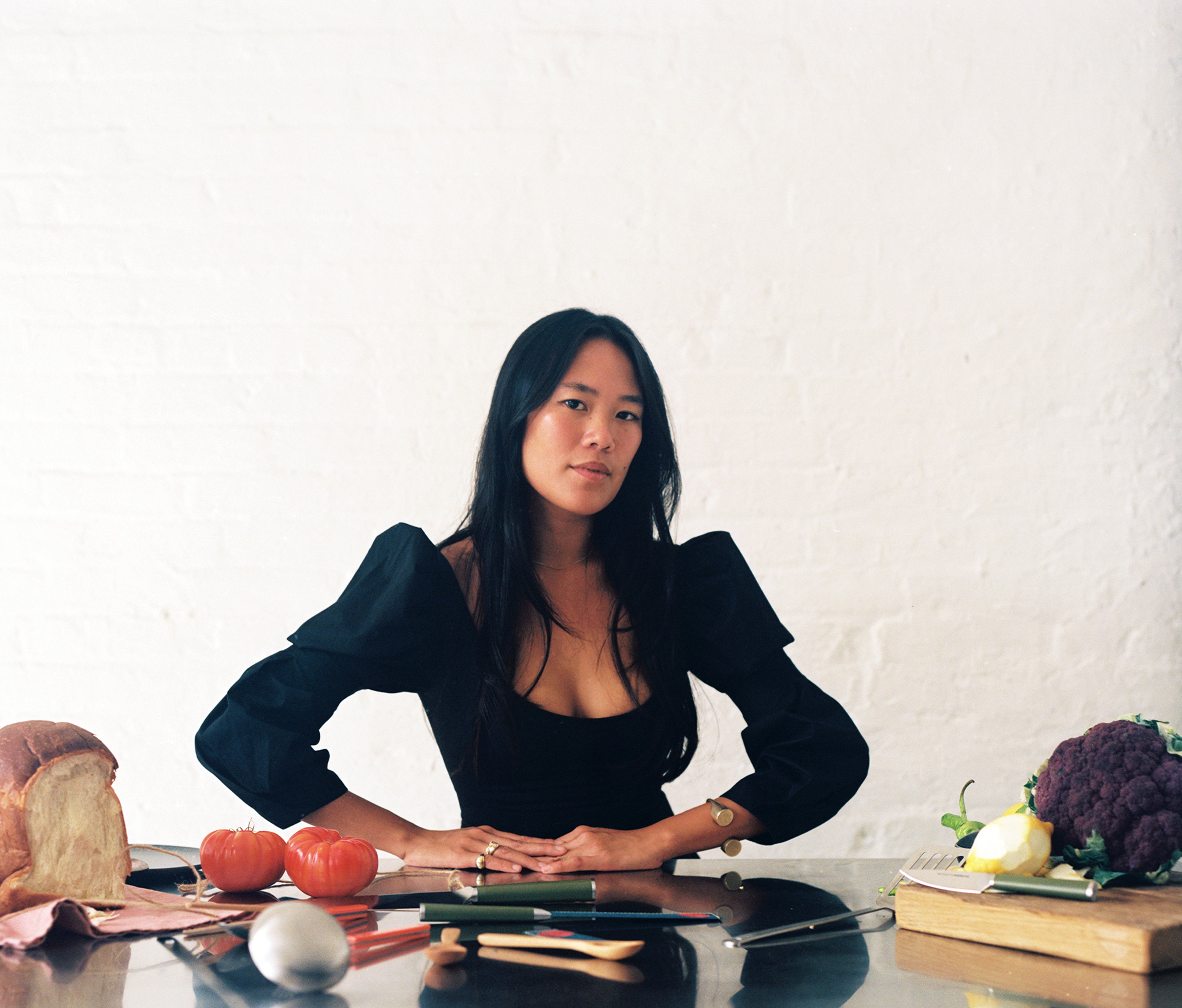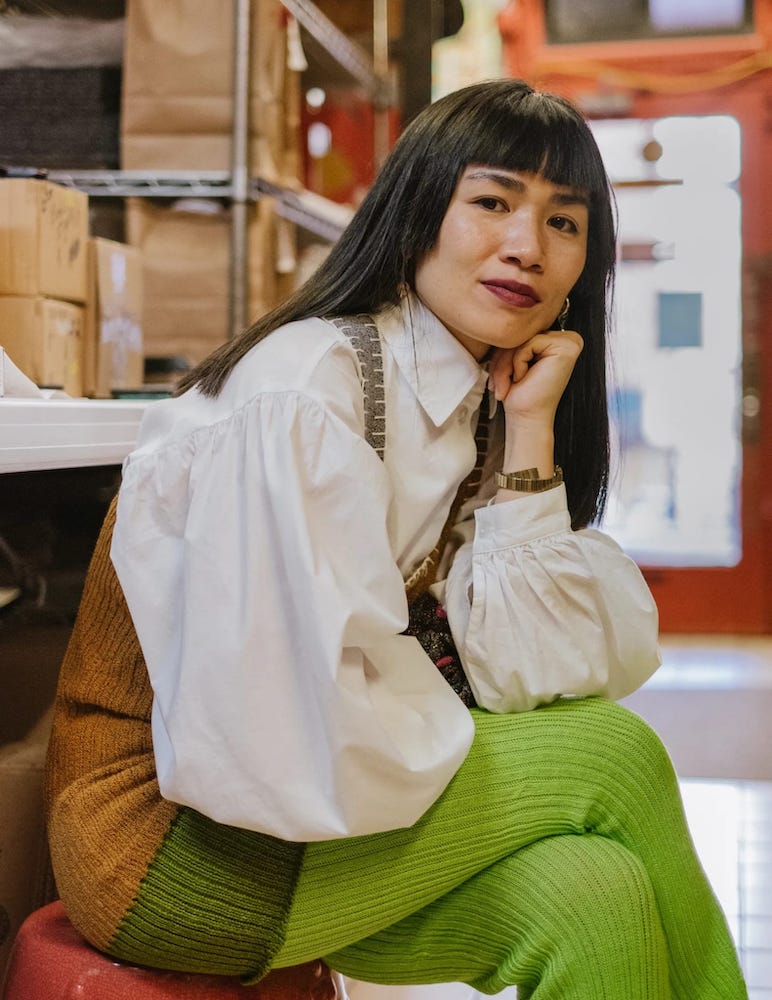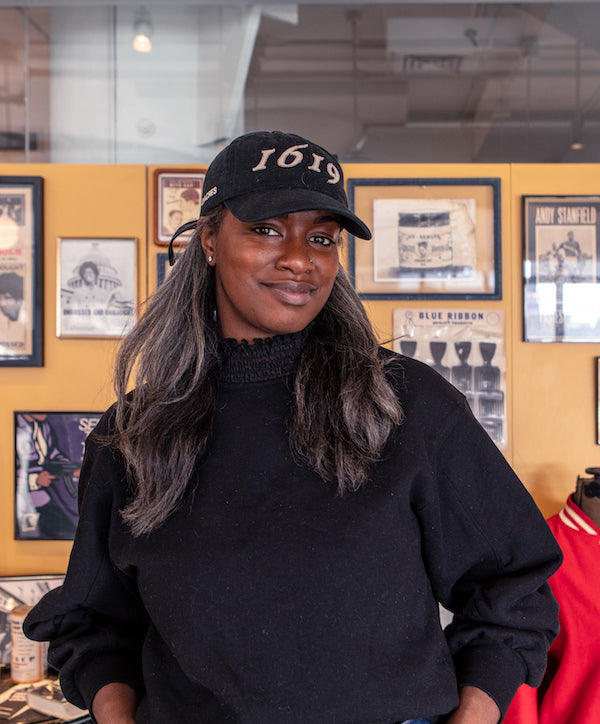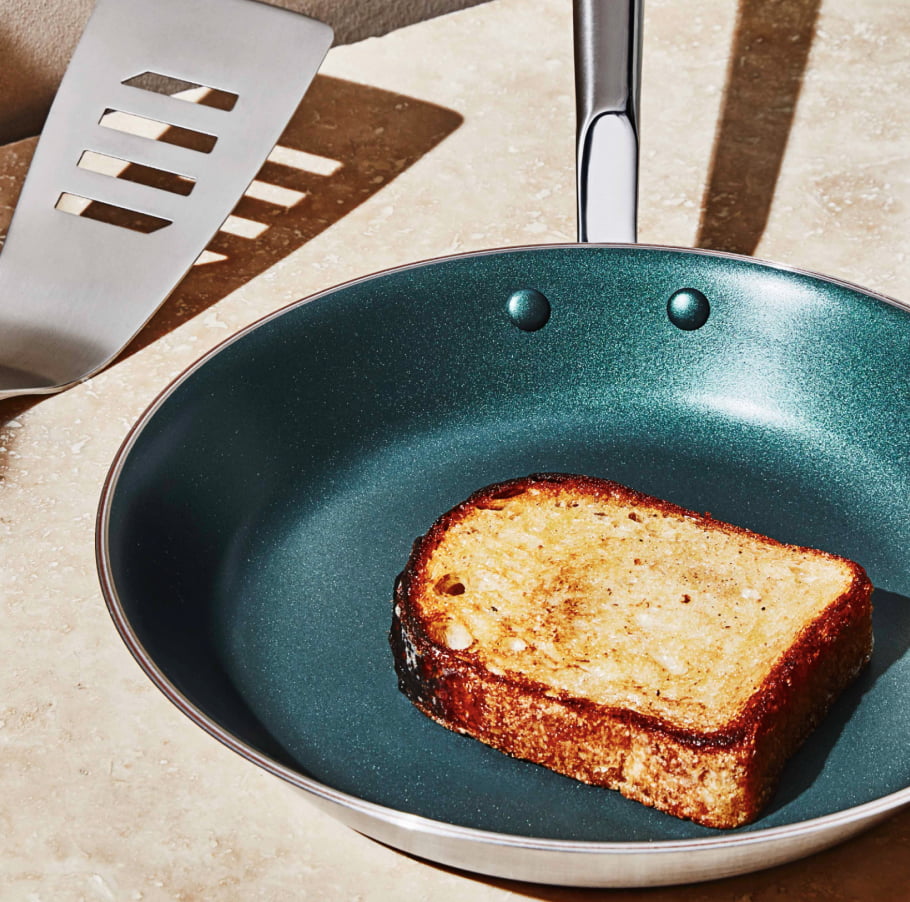What's the most important item in your home? In our newest series, we explore that very question, asking some of our favorite people which of their possessions connect them to their past, to their family, and to themselves.
First up is Hetty McKinnon, a recipe writer (find her recipes in The New York Times, Epicurious, ABC Everyday and Bon Appetit) and the author of cookbooks To Asia With Love, Community, and Neighborhood.

My mother's wok.
Shortly before I left Australia for America, my mother gave me her wok. This wok had been a big part of my childhood. Our house had an electric stove but my mother had installed a propane tank in the kitchen just to cook with it. The wok was always out, glistening and deeply black from years of use.
"It was a melody..."
Years before, when she had emigrated to Sydney from China in her early 20s, my mother had become the preserver of traditional recipes. She cooked all the time for our family. Our clotheslines would have fish and pork preservings hanging next to our laundry. Jars of preserved ginger and eggs would be stashed in the closet. Our house was filled with smells and flavors.
But what I remember most of the wok were the sounds. It was a melody: the loud rumble of the exhaust fan, the sliding shut of the doors to keep the smoke from traveling, and the scraping of the wok chan (spatula) on the wok.

"...a symbol of my childhood, a memento of my mother and a reminder of the type of food-filled childhood I want to recreate for my own children too"

My mother speaks only Cantonese, or more precisely, a dialect from Guangdong. I do too but not well enough to have deep conversations about life, death and politics. I do know enough however to talk about food.
When she gave me the wok, it didn’t register at the time as an important moment. But now that I live so far away, now that I have a family of my own, the wok has become even more important. It’s a symbol of my childhood, a memento of my mother and a reminder of the type of food-filled childhood I want to recreate for my own children too.
